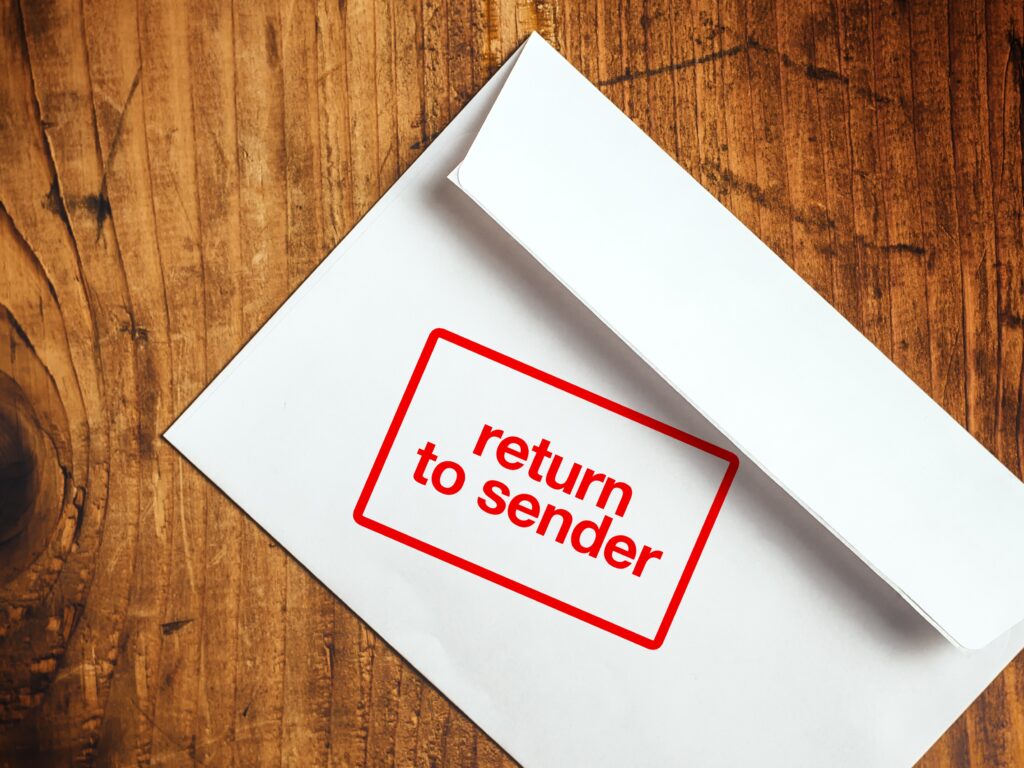
The Franchising Code of Conduct gives all franchisees entering into a new franchise agreement a seven day cooling off period.
While this provides a chance for franchisees to pull out of the agreement, franchise arrangements carry serious contractual obligations which should not be entered into without careful consideration.
Is the cooling off period enough safeguard for you?
What is the cooling off window?
Your right to withdraw from a franchise agreement is limited to seven days from the earlier of:
- Your signing of the franchise agreement; and
- Making any payment under the agreement.
Take note that it is seven days and not seven business days, so you really have five business days to make a decision to change your mind, which is not a very long time. It is therefore advisable to ensure that you take the time to understand and seek professional advice before signing the franchise agreement or handing over any payment.
What do you stand to lose if you choose to opt out?
Under the franchise agreement
All franchise agreements clearly state the amount payable by you (the non refundable amount) in the event you withdraw within the cooling off period.
Franchisors are allowed to recoup their reasonable costs and expenses incurred with respect to the granting of the new franchise to you and these usually include:
- Their legal costs incurred for the preparation, negotiation and finalisation of the franchise agreement;
- Initial training costs whether paid by you separately or included in the list of fees paid by you when you sign the franchise agreement; and
- Other reasonable administrative costs which can comprise costs involved with respect to your recruitment, screening, selection and costs associated with your termination.
The non refundable amounts are clearly stated in the franchise agreement and you need to bear this in mind before committing to your franchise arrangement. You should also ascertain whether the franchisor’s reasonable costs in such instances are acceptable and if they are on the high side, then you should be 100 per cent sure before committing to avoid unnecessary losses later on.
Your own costs
-
Professional advice
As the majority of franchisors have a mandatory requirement that prospective franchisees obtain independent legal, business and financial advice, you would have incurred all these professional costs prior to your signing of the franchise agreement.
-
Business purchase
If you are purchasing an existing franchised business, you will also have obtained professional advice with respect to the contract of sale between you and the existing franchisee.
Take care here to ensure that the business sale contract is conditional upon the granting of the existing franchise to you in order that you will be able to withdraw from the purchase if the franchise agreement falls through.
-
Training Time
Very often, initial training periods span over four to six weeks (depending on the complexity of the goods and services offered by the franchised business) and the successful completion of the initial training is a precondition to the granting of the franchise. It is therefore not unusual for prospective franchisees to commence training before any franchise agreement is signed.
If you have taken time off work or have been away from your existing business to complete the training, you will have lost time, possibly revenue, not to mention the training fees payable to the franchisor which are non-refundable.
Change of mind? Change of circumstances?
Given the usually long process from the making of an application to getting through the recruitment, training processes and going through and understanding the complex franchise documentation, care should be taken every step of the way to obtain as much information and understanding about your desired franchise business before committing to any agreement.
In light of the efforts, time and money that would invariably be wasted by withdrawing after committing to a franchise arrangement, perhaps the cooling off period should be reserved for genuine changes and unforeseen circumstances?
In any event, the “cooling off” option should not lessen your awareness of the important obligations that you are taking on in investing your time and capital in a franchised business.

